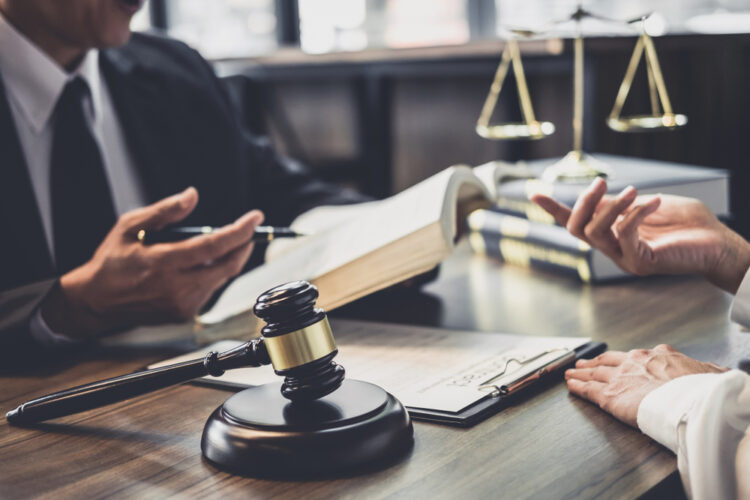Getting arrested a scary and overwhelming experience. As a criminal defense lawyer, I’ve represented many clients who were unsure of what to do after finding themselves in handcuffs. First and foremost, you must remain calm and compliant during the arrest. Anything you say or do be used against you, arrest even if you believe it is unjustified. Keep your hands visible and don’t any sudden movements to avoid escalating the situation. Be polite and respectful in your interactions with the police officers.
Right to remain silent
Once arrested, you have the right to remain silent and not provide any statements to the police. Politely inform the officer is invoking this right and do not wish to answer any questions without your lawyer present. Do not discuss or attempt to explain the details of the alleged crime. Anything you say to the police that they try to use against you later is disputed in court.
Don’t consent to any searches
Police may ask to search you, your belongings, or your vehicle upon arrest. You have the constitutional right to deny consent to any searches. If officers perform a search anyway, don’t physically resist but be clear that you do not consent. It may strengthen your case later if any evidence is found and seized illegally.
Ask for a lawyer immediately
Ask for an attorney immediately upon being arrested and at any subsequent questioning. It invokes your right to counsel Brampton defence attorney and means police no longer interrogate you until your lawyer is present. Call a friend or family member and ask them to contact a lawyer on your behalf. If you don’t know of any criminal defense lawyers, ask the police to provide you with an attorney referral service that sets you up with representation.
Get booked and bailed out
Once under arrest, you will be transferred to the local police station and booked. During this process, police will take your personal information, fingerprints, and mug shots. You will also be allowed to make additional phone calls. Your booking officer may be able to provide information on bail or release without bail depending on your charges. For help making bail, contact a bail bondsman or call on family and friends for assistance.
Review your charges and gather evidence
Your arrest report and booking papers should outline the exact charges you are facing including any penal or vehicle code violations. Thoroughly review the police report and evidence against you. Start gathering exculpatory evidence like receipts, photos, videos, testimonies, or alibis. Also obtain copies of all case documents including the incident report, arrest warrant, police dash cam footage, etc. All of this will assist your criminal defense lawyer in building your case defense.
Process and potential outcomes
Your lawyer will explain the expected legal process based on your charges and jurisdiction. It may involve first appearing before a judge for an arraignment hearing to enter an initial plea. Further key events are pretrial conferences, motions hearings, and the final criminal trial. The potential negotiated outcomes your attorney may secure like reduced charges or dropped charges through plea bargains, deferred adjudication, or pretrial diversion programs. Know the typical sentencing and fines associated with a guilty verdict at trial for the charges you face.

